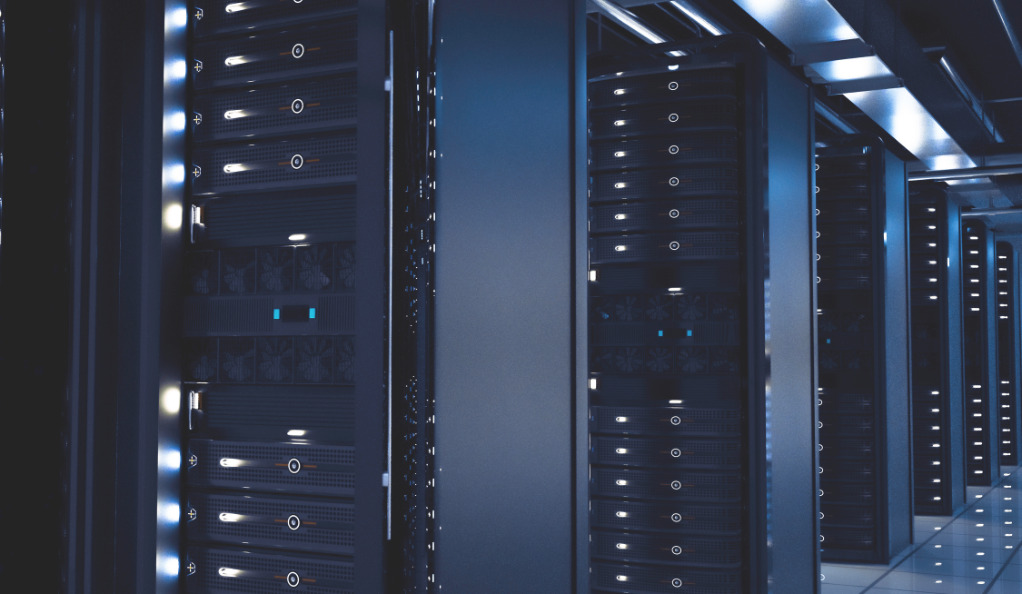Decentralized Data Warehouses: Revolutionizing DApps and Dashboards
In an era where data is a cornerstone of business and decision-making, data warehouses have increasingly become a crucial part of the data management ecosystem. However, the traditional centralized approach to data warehousing is challenged by new trends, notably the decentralization of data. This shift is having a profound impact on the landscape of decentralized applications (DApps) and dashboards. This article delves into the concept of decentralized data warehouses and explores how they are revolutionizing DApps and dashboards.

Understanding Decentralized Data Warehouses: A Game Changer
Decentralized data warehouses are a new breed of data storage systems that break away from the traditional, centralized model. Instead of storing data in a single location under the control of a single entity, decentralized warehouses distribute data across multiple nodes or servers. This approach allows for better data privacy and security, as data isn’t stored in one place that could potentially be breached. In addition, decentralized data warehouses offer enhanced reliability, as the failure of a single node wouldn’t result in the loss of all data.
The decentralization of data warehouses is not just a technological shift, but also a paradigm shift. It represents a move from data being controlled by a few to data being controlled by many. This change brings about increased transparency, as it becomes more difficult for any single party to manipulate data. Furthermore, it enables users to have more control over their own data, as they can choose who they want to share their data with and under what circumstances. In this sense, decentralized data warehouses are a game changer, paving the way for a more democratic, equitable, and transparent data economy.
How Decentralized Warehouses are Revolutionizing DApps and Dashboards
Decentralized data warehouses are integral to the workings of Decentralized Applications (DApps). These blockchain-based applications interact directly with the decentralized data warehouse, making them inherently more secure and private than traditional applications. By providing a secure and private data storage system, decentralized data warehouses are enabling the creation of DApps that can handle sensitive data, such as financial or health information, with a level of security and privacy that was previously unattainable.
In addition to DApps, decentralized data warehouses are also revolutionizing dashboards, which are graphical user interfaces that provide users with a real-time overview of key performance indicators (KPIs) or metrics. By tapping into decentralized data warehouses, dashboards can now provide real-time insights into vast amounts of distributed data, all while maintaining a high level of data privacy and security. This is particularly valuable for industries where real-time data insights are crucial, such as finance, healthcare, and logistics.
The decentralized nature of these warehouses also brings about a level of transparency and trust that is lacking in traditional dashboards. With data being distributed across multiple nodes, it becomes more challenging for any single party to manipulate data. As such, users of these dashboards can have greater confidence in the accuracy and integrity of the data they’re viewing.
In conclusion, decentralized data warehouses are not just a new technology, but a catalyst for a new data economy characterized by increased transparency, security, and user control. By revolutionizing DApps and dashboards, these warehouses are pushing the boundaries of what is possible in terms of data management and insight generation. As we continue to move towards a more data-driven world, the importance of decentralized data warehouses will only continue to grow.
Bitcoin-up is dedicated to providing fair and trustworthy information on topics such as cryptocurrency, finance, trading, and stocks. It's important to note that we do not have the capacity to provide financial advice, and we strongly encourage users to engage in their own thorough research.
Read More